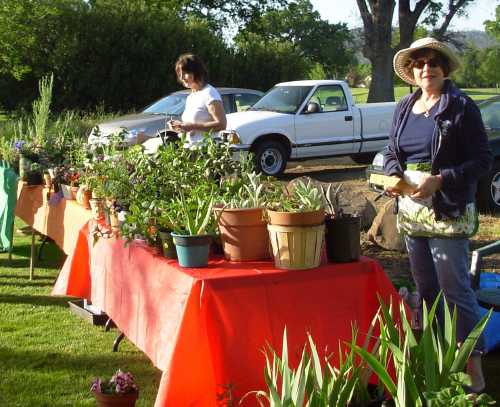Litter is an ongoing problem on state highways. Litter is not only ugly, it can lead to pollution.
Last year alone, Caltrans spent almost $50 million picking up trash on California State Highways. A total of more than 141,000 cubic yards of litter was removed last year, enough to fill 8,860 garbage trucks, or cover 87 acres of land one foot deep in trash.
Cigarette butts are the No. 1 item littered in California – they are discarded by the millions, often causing roadside fires, clogging storm drains, and threatening our water quality and wildlife.
In addition, motorists face the risk of accident, injury, and death as the result of trash and other debris fallen from vehicles hauling unsecured/untarped loads.
“During this time of limited public resources, Caltrans is spending millions of dollars every year cleaning up trash from California highways,” said Caltrans District 1 Director Charlie Fielder. “There are so many other uses for that money. We’re asking the public to help us reduce the trash problem – please Don’t Trash California.”
The dedicated volunteers who help clean our State Highways are a big part of the litter solution. In Caltrans District 1 (Del Norte, Humboldt, Mendocino, and Lake Counties), there are about 320 Adopt-A-Highway groups made up of approximately 1,500 volunteers.
“Adopt-A-Highway volunteers provide a considerable service helping Caltrans and CHP fight litter, lowering the cost of keeping California beautiful,” added Fielder. “I want to thank them for all their hard work.”
For more information on the Caltrans Adopt-A-Highway program, please call Wyatt Harris at 707-445-6625.








